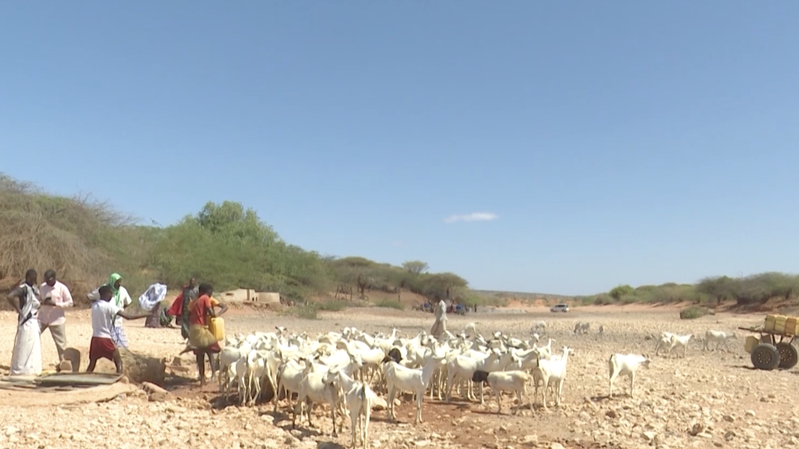Hey there, nature lovers! 🌏 If you're into wildlife and conservation, we've got some news that might pique your interest! China has recently updated its wildlife protection laws, and it's stirring up quite the conversation among conservationists, entrepreneurs, and academics alike.
Back in March 2023, prosecutors in Nanyang, in central China's Henan Province, dropped charges in a case involving the trade of macaques 🐒. Why, you ask? They cited \"changes in the law and judicial interpretation,\" pointing to a new interpretation document released in April 2022 by China's top procuratorate and court.
So, what's the deal with these changes? The updated law refines how wildlife populations are regulated, especially focusing on animals bred in captivity. It introduces \"graded, categorized management\" for these creatures. One key term is the \"three-haves\" species—animals with \"special ecological, scientific, or social significance.\" While these species are important, they're a notch below the \"national key protected wildlife\" in terms of priority.
One major amendment causing a buzz is in Article 25. Previously, you needed \"a licence for captive breeding\" of \"three-haves\" animals. Now, you just need to \"file a record with the local competent authority.\" Sounds simpler, right? But not everyone is thrilled about this change.
Some civil society organizations are raising red flags 🚩. They worry that easing restrictions could undermine conservation efforts, boost the wildlife breeding industry, and even open doors for illegally hunted animals to be passed off as captive-bred.
On the flip side, scholars argue that these changes make conservation management more flexible and case-by-case, rather than a one-size-fits-all approach. They believe this could actually enhance protection efforts by allowing for more nuanced decision-making.
A bit of background: China's current wildlife protection law was initially formulated in 1988 and has since undergone three amendments and a revision. According to Yue Zhongming from the Legislative Affairs Commission of the National People's Congress Standing Committee, the law has been pivotal in protecting wild animals and their habitats, rescuing and breeding endangered species, preserving biodiversity, and pushing forward ecological conservation.
Experts like Ran Jingcheng, head of the wildlife and forest plant management station in Guizhou Province, emphasize that managing wild animals isn't as simple as banning artificial breeding. He points out that captive breeding plays a significant role in protecting endangered species and can help adjust rural industries. Ran suggests we need clear definitions of wild animals versus those bred in captivity, and that we should use artificially bred animals rationally.
On the other hand, Professor Jin Keke from the East China University of Political Science and Law believes that, from a public health perspective, the safest route is to completely ban the trade of wild animals.
Adding to the debate, Professor Yang Zhaoxia of Beijing Forestry University advocates for a combined approach of key and universal protection. She suggests that all wild animals with conservation value should be legally protected, including those not currently on protection lists. Yang also calls for regulations to restrict large-scale use of wild animals.
This dynamic discussion highlights the challenges and complexities of wildlife conservation in China and around the world. It's a delicate balance between protecting species, supporting rural economies, and ensuring public health. What's your take on this issue? Share your thoughts! 🌱💭
Reference(s):
cgtn.com




